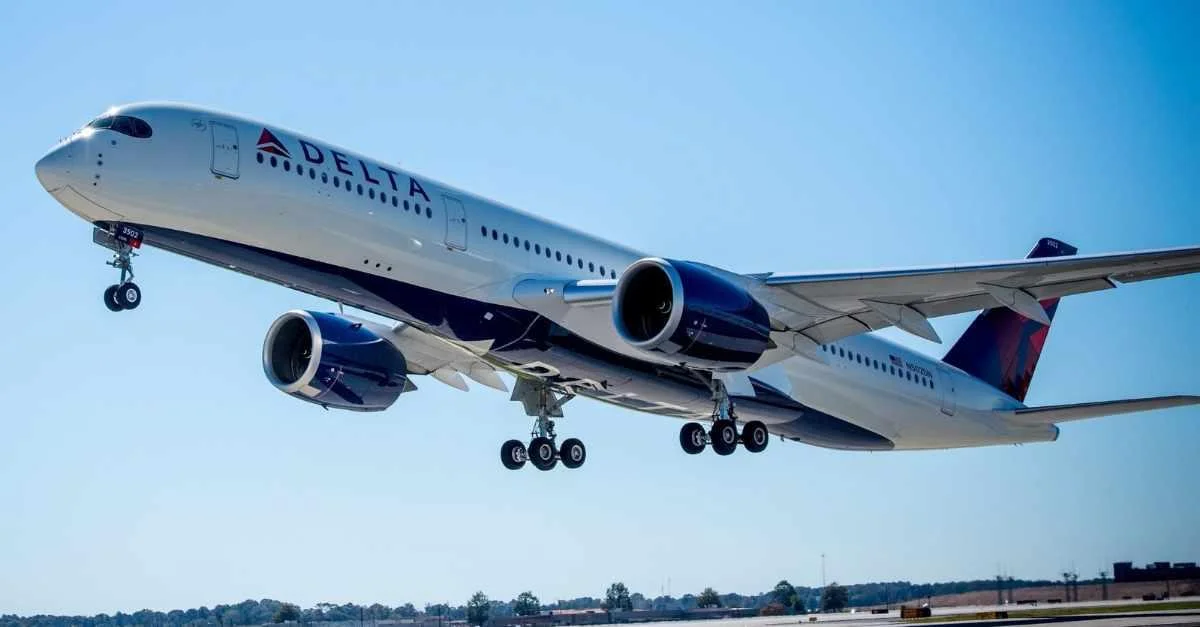According to Reuters, Jeju Air flies its aircraft more frequently than most low-cost carriers globally. High aircraft utilization is common among low-cost airlines aiming to maximize daily flight hours. Ryanair maintains one of the highest utilization rates worldwide without deadly accidents, yet Jeju exceeded Ryanair's rates last year.
Data from Cirium shows that Jeju flew its planes an average of 11.6 hours per day last year, higher than Ryanair (9.3 hours), AirAsia (9 hours), and VietJet (10 hours). Only Middle Eastern LCC Air Arabia surpassed Jeju with 12.5 daily hours.
Increasing daily utilization demands more from maintenance teams, raising safety concerns if there are shortcomings in this area. Jeju's CEO Kim E-bae stated no maintenance issues were reported with the crashed jet before the flight and that global standards were adhered to.
Pilot fatigue is another concern with higher utilization rates. Investigators are exploring whether pilot error contributed to last month's crash. Sim Jai-dong, a professor at Sehan University in South Korea, commented: "The utilization itself is not a problem. But there could be higher fatigue for pilots, crew members and mechanics given the higher utilization rates."
Jeju's CEO acknowledged past safety record issues; between 2020 and 2022, it faced more fines and suspensions for violations than any other South Korean airline. From 2020 to 2024, Jeju was fined a total of 2.3 billion won ($1.57 million) with accumulated groundings of aircraft for 41 days.
T'way Air was next most penalized during this period with fines totaling 2.1 billion won ($1.43 million) but only four days of groundings.
The recent crash is South Korea's deadliest air disaster since Korean Air Flight 801 in Guam in 1997; until last month, South Korea maintained one of the world's better aviation safety records.
 Alerts Sign-up
Alerts Sign-up




















